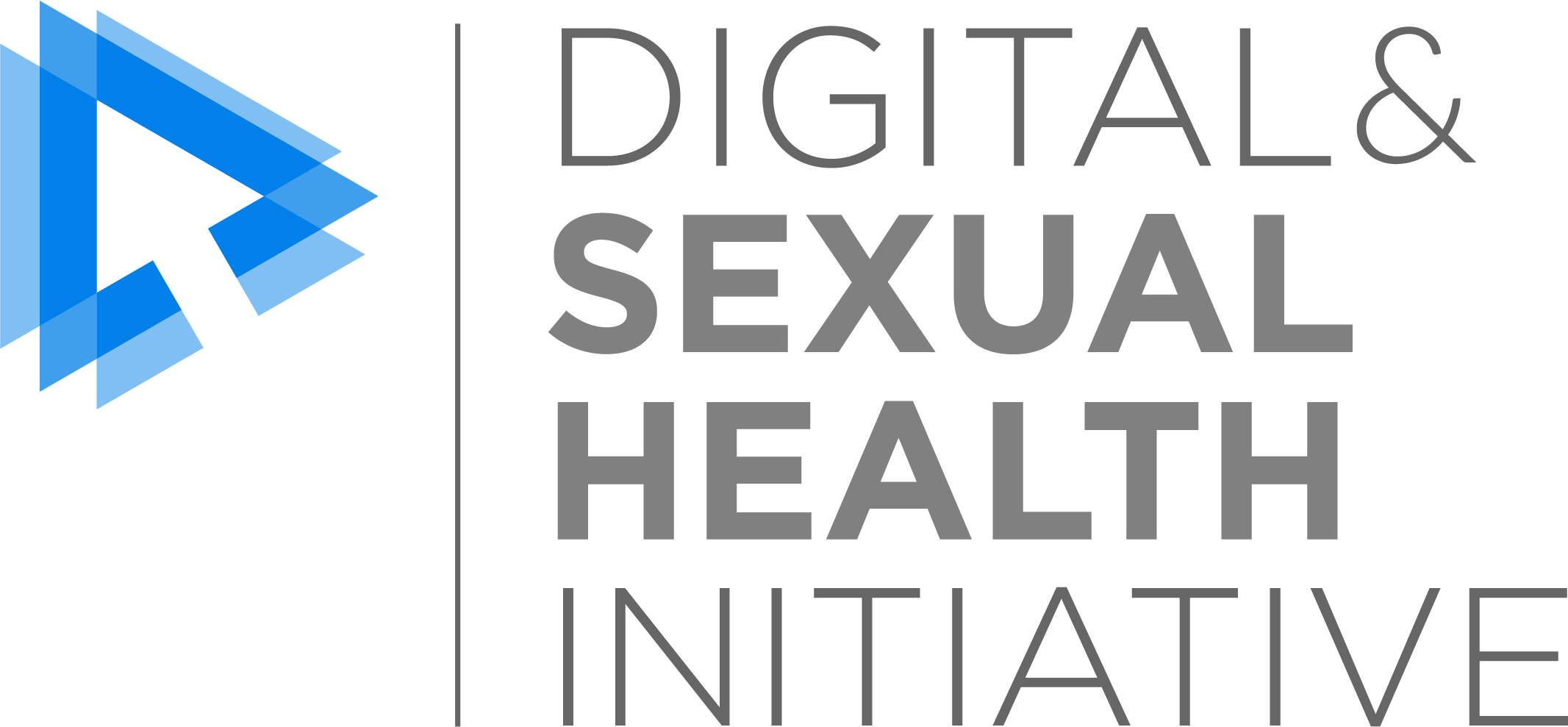Optimizing the impact of internet-based testing for the control of HIV and sexually transmitted infections among gay, bisexual, and other men who have sex with men
Research theme(s)
Internet Based Testing
Dates
2014-2017
Funding
Canadian Institutes for Health Research
Principal investigator(s)
Mark Gilbert – UBC
Research team
Daniel Coombs – BC Online Sexual Health Service, Gina Ogilvie – CIHR, Stirling Bryan, Christopher Fairley, Daniel Grace, Trevor Hart, Travis Hottes, Richard Lester, David Moore, Wayne Robert, Kate Shannon, Jean Shoveller, Darlene Taylor, Terry Trussler, David Wilson
The internet has changed the nature of gay communities and how knowledge is accessed. The majority of men who have sex with men (MSM) use the internet to meet sexual partners, and most also use it to look for health information. BCCDC has developed an internet-based service for testing for HIV and other sexually-transmitted infections (STIs) called GetCheckedOnline (GCO), which offers testing for Chlamydia, gonorrhea, HIV, syphilis and Hepatitis C. Our first Partnerships for Health System Improvement grant awarded in 2011 (PHSI 2011) aimed to measure what the effects of internet testing are on individual MSM and on the health system. This renewal application will build on PHSI 2011, with an emphasis on new research to accomplish two main goals. The first goal is to better describe the impact of GCO by looking at how acceptable MSM found the option to do the collection of testing specimens themselves, and how well the promotion and recruitment strategies for GCO reached into the most well-connected networks of sexually active MSM. The second goal is to learn how to optimize the impact of internet testing by finding out how much sexually-active MSM took advantage of it, and if it increased how often they tested. The ultimate purpose of this new research is to understand whether internet testing reduced the number of new cases of HIV and the number of people who were not aware they were infected with HIV; whether it prevented additional health problems that follow from having HIV, and whether it provided additional value for health care dollars compared to current ways of doing testing in clinics. This research will help us understand whether we should expand internet testing to other parts of British Columbia and if it would be of value to MSM who live in other big cities such as Montreal and Toronto. We also expect that what we learn about successfully reaching the most sexually active MSM will help guide other programs and interventions that also aim to reach them.
